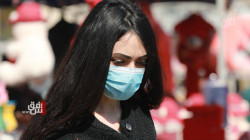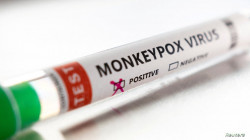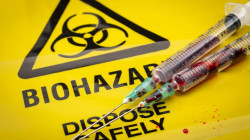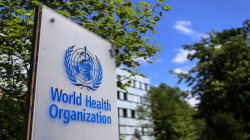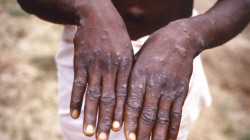WHO: Monkeypox presents a moderate risk to public health
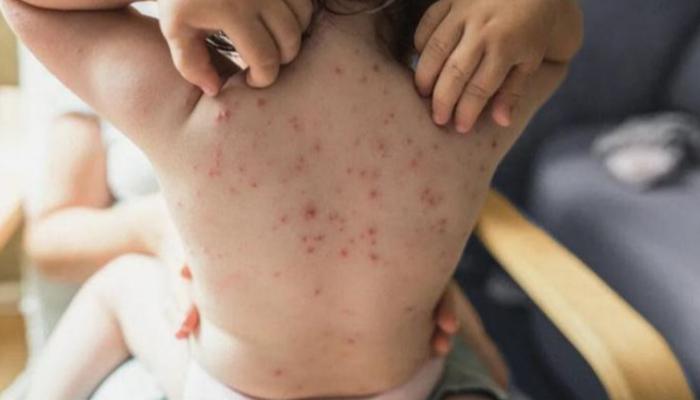
Shafaq News/ The World Health Organization (WHO) said that monkeypox represents a "moderate risk" to public health after reported cases in countries.
"Since 13 May 2022, monkeypox has been reported to WHO from 23 Member States that are not endemic for monkeypox virus, across four WHO regions." The Organization said.
It revealed that most reported cases have no established travel links to an endemic area and have presented through primary care or sexual health services.
"As of 26 May, 257 laboratory-confirmed cases and around 120 suspected cases have been reported to WHO. No deaths have been reported." WHO reported.
"The public health risk could become high if this virus exploits the opportunity to establish itself as a human pathogen and spreads to groups at higher risk of severe diseases such as young children and immunosuppressed persons."
The Agency added that it expects more cases to be reported as surveillance in endemic and non-endemic countries expands.
Most of the cases reported so far have been detected in the UK (106), Spain (20), Canada (20), and Portugal (49).
Monkeypox is a viral zoonosis (a virus transmitted to humans from animals) with symptoms very similar to those seen in the past in smallpox patients, although it is clinically less severe.
It is caused by the monkeypox virus, which belongs to the Orthopoxvirus genus of the Poxviridae family.
Monkeypox virus is transmitted from one person to another by close contact with lesions, body fluids, respiratory droplets, and contaminated materials such as bedding. The incubation period of monkeypox is usually from 6 to 13 days but can range from 5 to 21 days.
